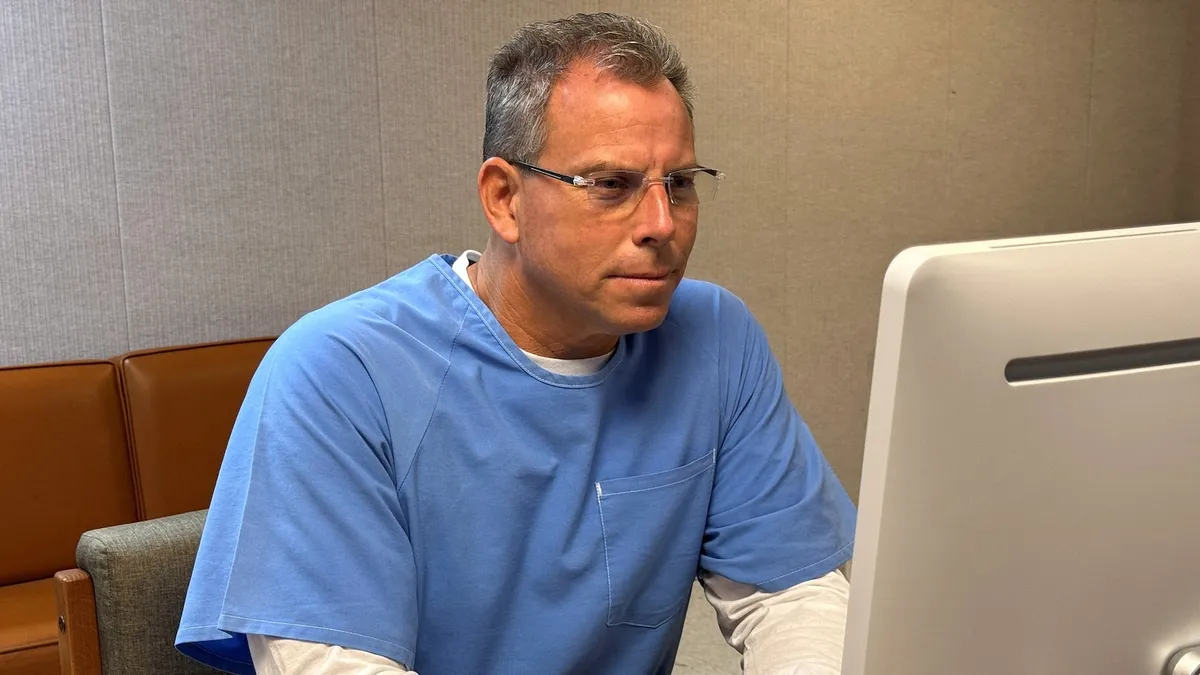
On Thursday, Erik Menendez was denied parole during his first-ever hearing, occurring 36 years and one day after he and his brother committed the tragic murders of their parents, Jose and Kitty Menendez. At the age of 54, Erik participated in a nearly 10-hour hearing via video link from the Richard J. Donovan Correctional Facility located in San Diego. The parole board announced that Erik would be eligible for parole again in three years.
The board's decision to deny parole was based on several critical factors. These included Erik Menendez's behavior while incarcerated, his involvement in burglaries prior to the murders, and the particularly heinous nature of the killing of his mother. Commissioner Robert Barton commented on the gravity of the crime, stating, "The killing of your mother especially showed a lack of empathy and reason." Barton emphasized that Erik had options available to him, such as leaving home at 18 or seeking help from law enforcement or relatives.
During the hearing, Erik Menendez expressed that he shot his mother due to feelings of betrayal after learning about the alleged sexual abuse by their father. "I was in a state of terror, of panic, of rage," he explained. However, Barton reiterated that Erik's prison conduct, not the severity of his crime, was the primary reason for the denial of parole. He noted that Erik had not behaved as a model prisoner, which was concerning to the board.
Commissioner Barton highlighted numerous incidents that raised red flags regarding Erik's behavior in prison. These included inappropriate interactions with visitors, involvement in drug smuggling, misuse of state computers, and instances of violence. Additionally, Erik was found to be illegally using cell phones while leading rehabilitative groups, which played a significant role in the board's determination that he posed an "unreasonable risk to public safety."
Despite the unfavorable outcome, Erik Menendez's relatives, including his aunt Terry Baralt, expressed their unwavering support. Baralt, who is currently battling colon cancer, stated, "Although I love my brother, I have fully forgiven Erik," and expressed her hope to welcome him into her home one day. Following the hearing, Erik's family released a statement acknowledging their disappointment but affirming their belief in his character and growth during his time in prison.
The parole board's decision ultimately focused on whether Erik Menendez would pose a risk to society if released. Los Angeles County District Attorney Nathan Hochman opposed the release, arguing that the Menendez brothers have not shown complete insight into their crimes or full rehabilitation, thus remaining a threat to the community. A recent risk assessment suggested that both Erik and his brother, Lyle Menendez, represent a moderate risk if released, citing previous infractions, including the possession of illegal cell phones.
Initially sentenced to life without the possibility of parole for their parents' murders, Erik and Lyle Menendez were resentenced to 50 years to life in prison earlier this year. This change in sentencing made them eligible for parole under youth offender laws. The judge, Michael Jesic, acknowledged the positive impact the brothers had on their fellow inmates, which contributed to the resentencing decision. Although Erik's parole was denied, he retains the right to request a review of the board's decision for potential errors.
Furthermore, California Governor Gavin Newsom holds the authority to grant clemency to the Menendez brothers at any time, leaving the door open for future developments in their case. As the parole hearing for Lyle Menendez approaches, Erik's family remains cautiously optimistic about the outcomes and the potential for both brothers to find redemption and reintegration into society.